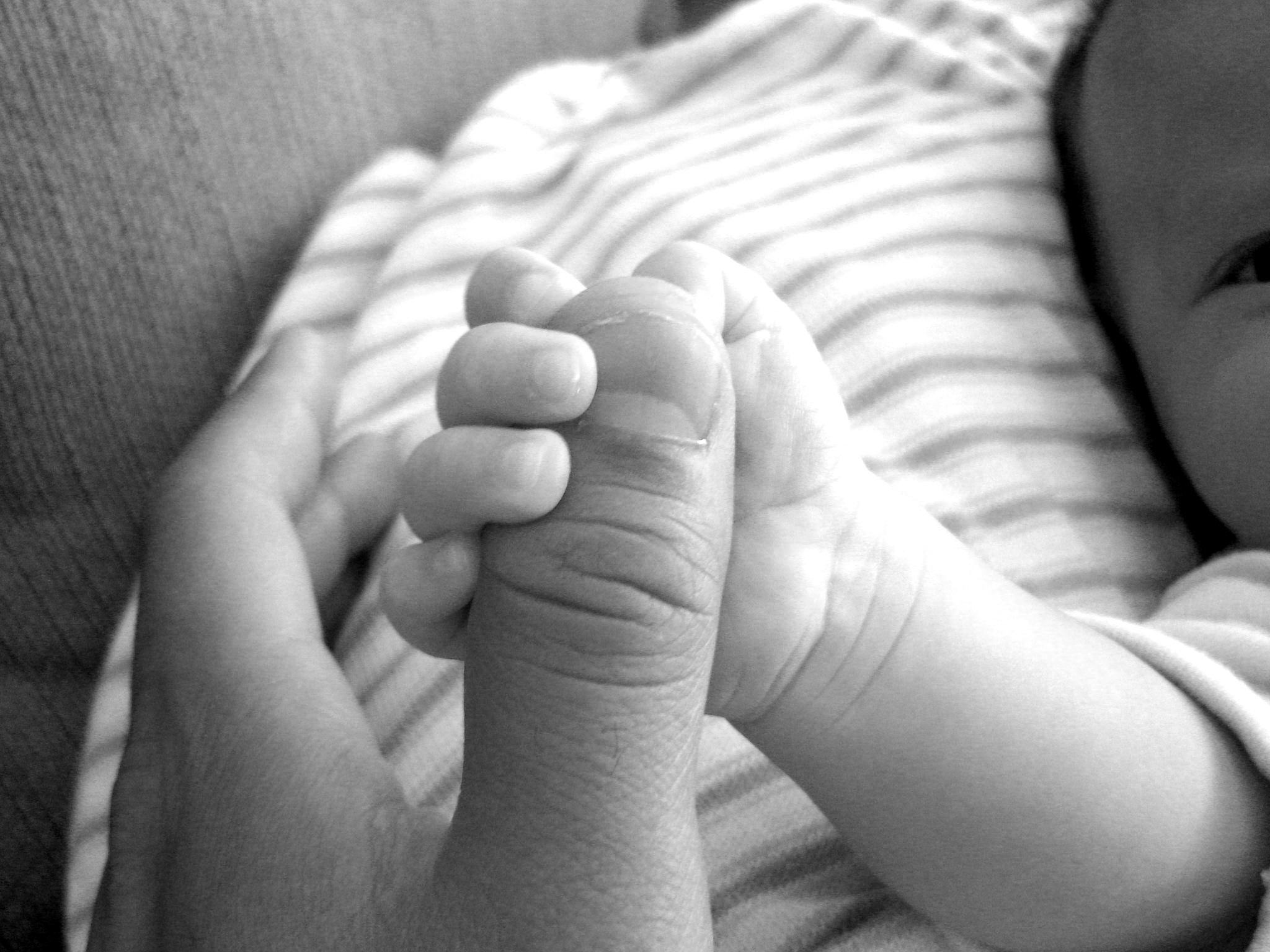From the moment of conception, we as humans were reliant on our relationships to help us interface with the world. Starting from the womb, all our needs were met by our mother. This was the safest place most of us will ever know. It is from the womb that we learnt to rely on mom (and more broadly people) for feeling safe and secure in the world.
If we leap forward 9 months, we can see another interesting thing about ourselves; we are quite helpless early on and require other people for our survival. Now some other animals have this period of helplessness, but humans are unique in that we require so many years before we can be considered “grown”. Putting this into other terms, humans have a lot of software. This software is not built into our hardware (bodies and brains) and takes a long time and lots of updating to make us functional. We get these updates through our relationships, connections, and experiences with other people.
Now the great thing about our development is that even when we “grow up”, these “software updates” from our relationships keep us growing and become a key component of our overall health and wellbeing.
Unfortunately, despite our critically important need for connection, modern society has shifted away from a focus on relationships, in favor of so-called independence. The myth of the wholly independent woman or man is pervasive throughout our culture and is really captivating to us. We can easily see the heroism of a person going their own way and paving their own path, but when we try to put it into practice across the various aspects of our lives (financial, emotional, professional, interpersonal, etc.) we can often feel disconnected and isolated. This isolation can lead to increased risks for various mental health concerns.
Don’t get me wrong, independence is important and a key part of becoming an adult. However, when we focus so strongly on independence and ignore the potential support of relationships around us, we put ourselves into an unbalanced and unnatural position. Our brains are designed to seek comfort and safety through relationships, no matter how old you are. It is for this reason that fostering a wealth of relationships which you can lean on, is so important.
As natural as relationships are to us, an upbringing within a culture that focuses so heavily on independence can make it hard for kids to learn how to build them. As a parent, it is important to teach our children the importance of asking for help and talking to trusted people in their lives. Dr. Bruce Perry talks about how “Relational Wealth” (multiple healthy trusted adult relationships) is the greatest protective factor of adverse childhood experiences. These skills that you teach your kids will not only help them as they go through adolescence, but later in their lives as well.
.


